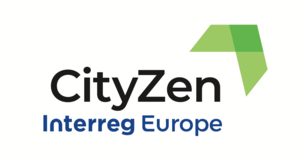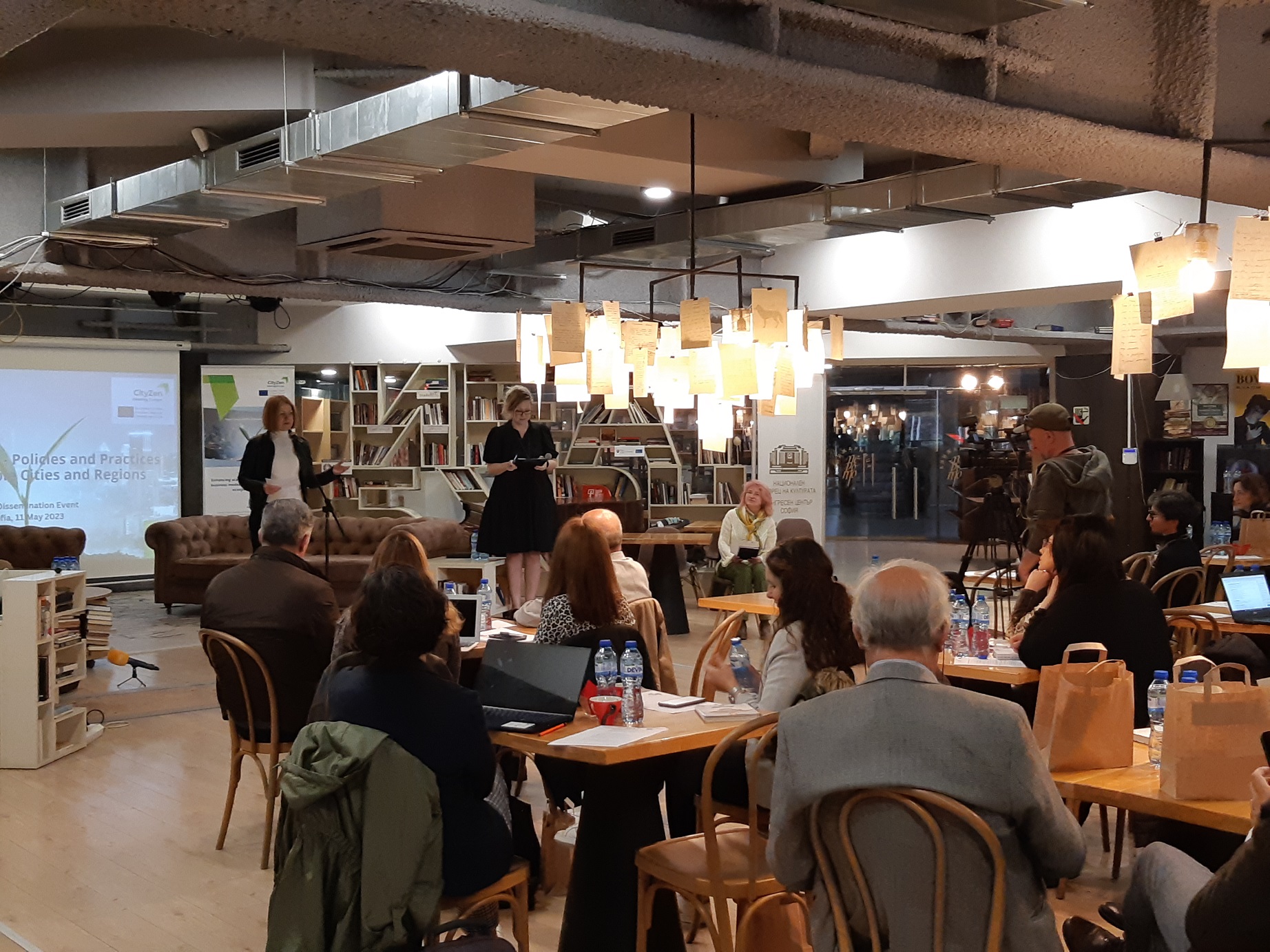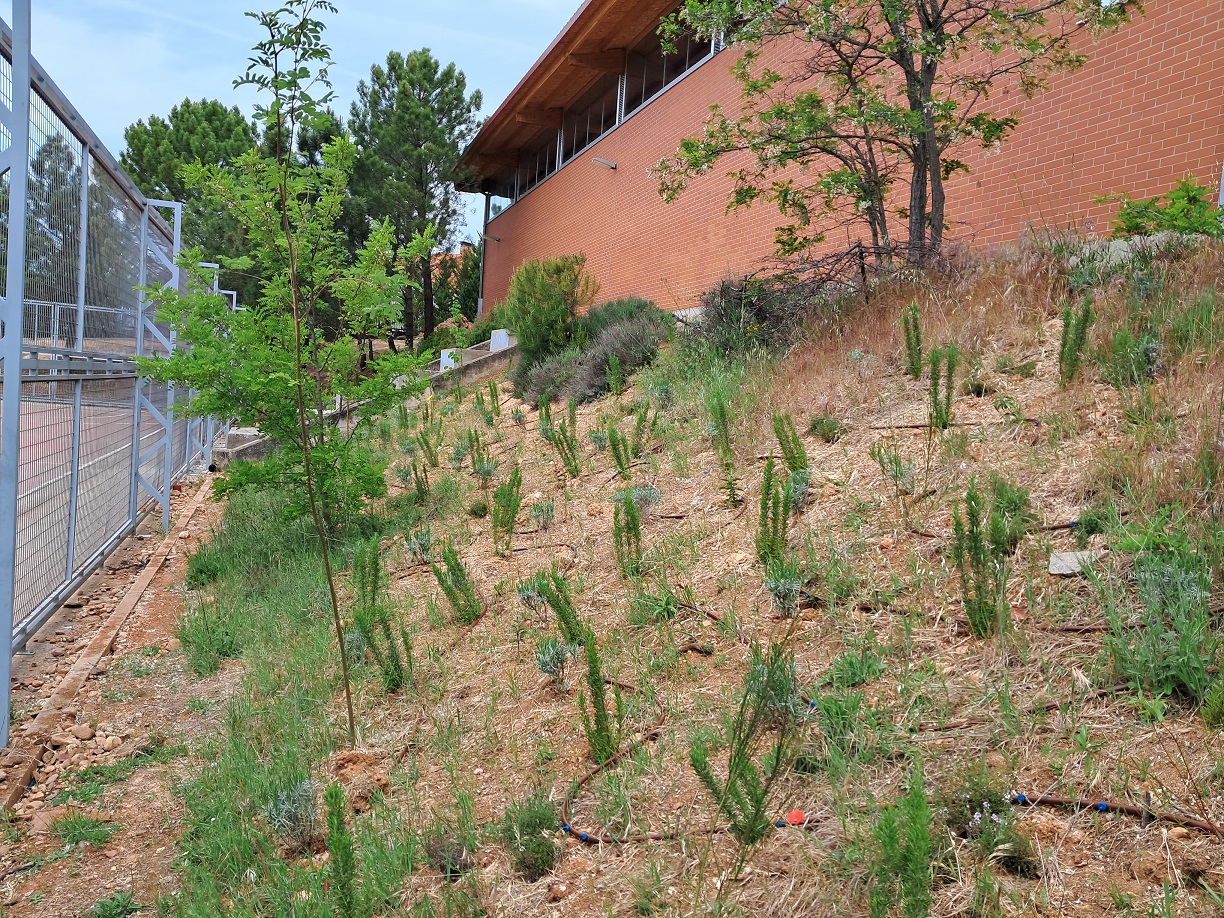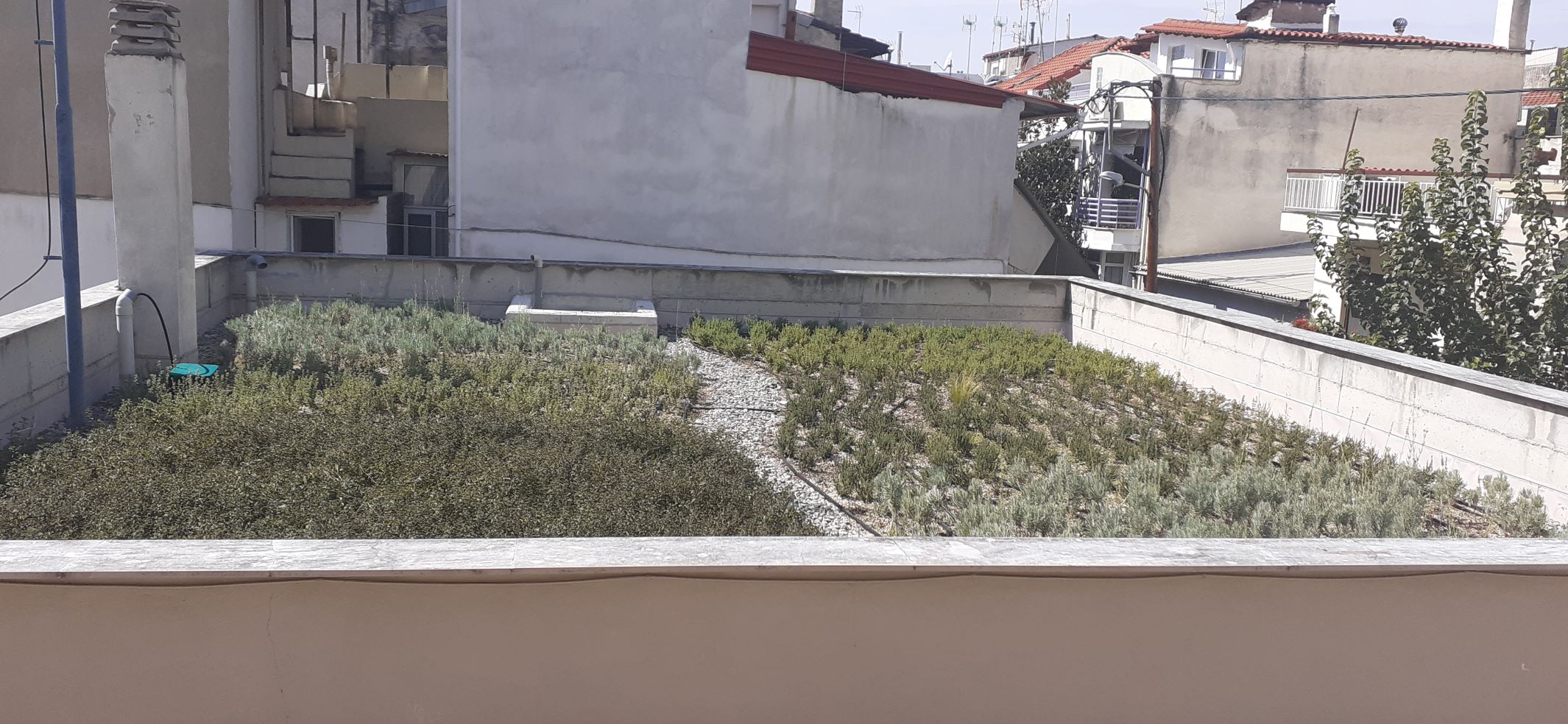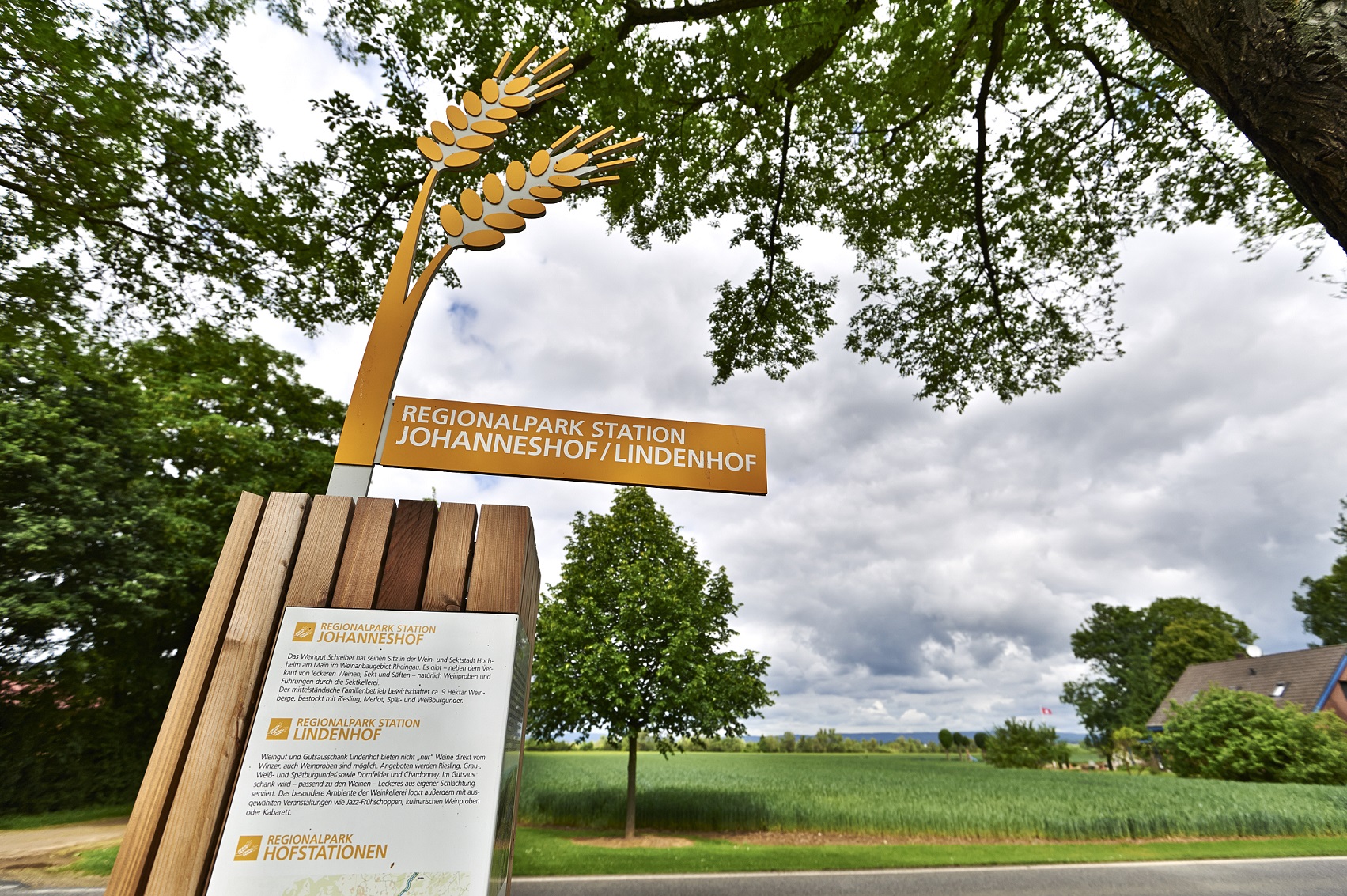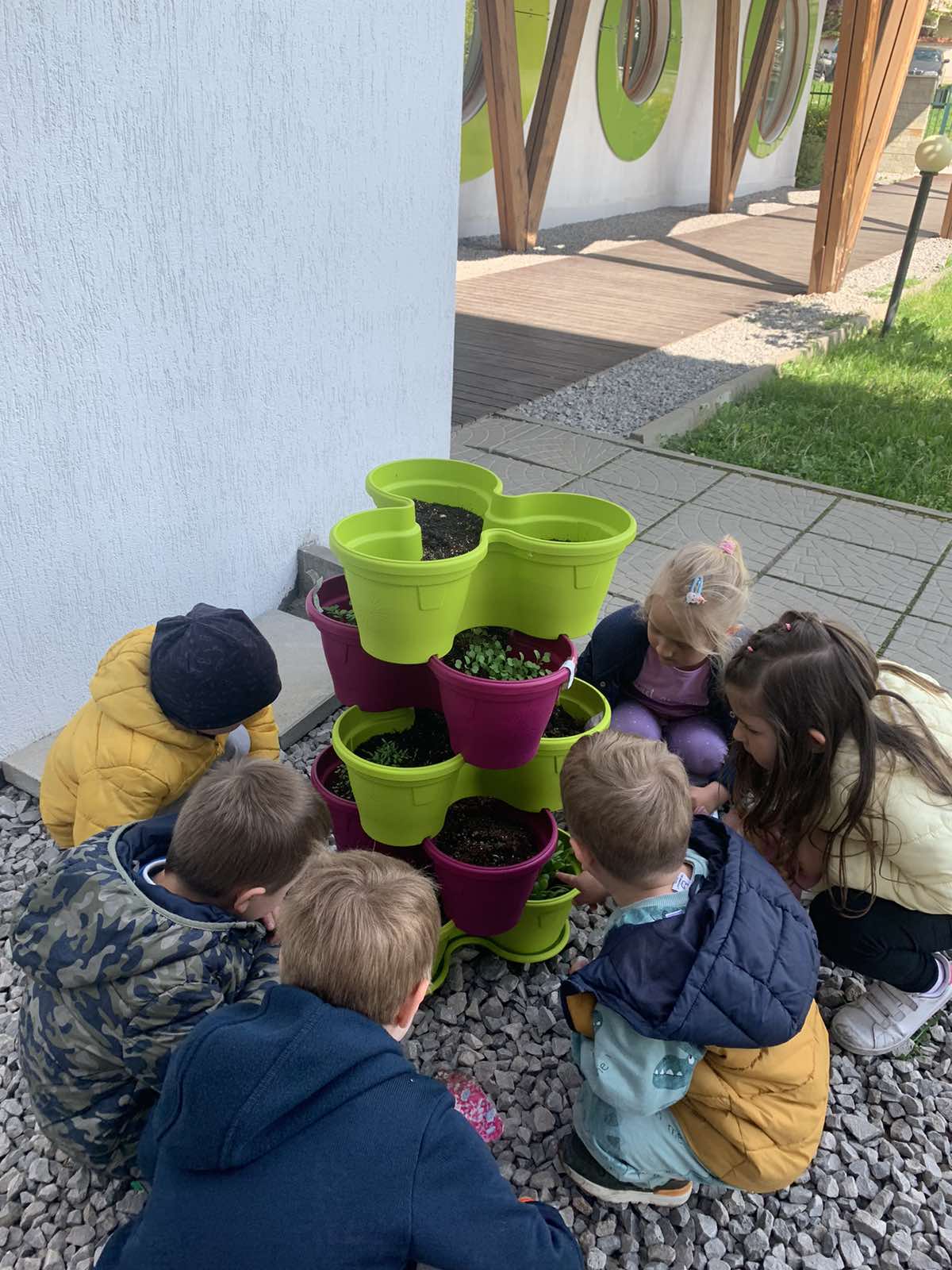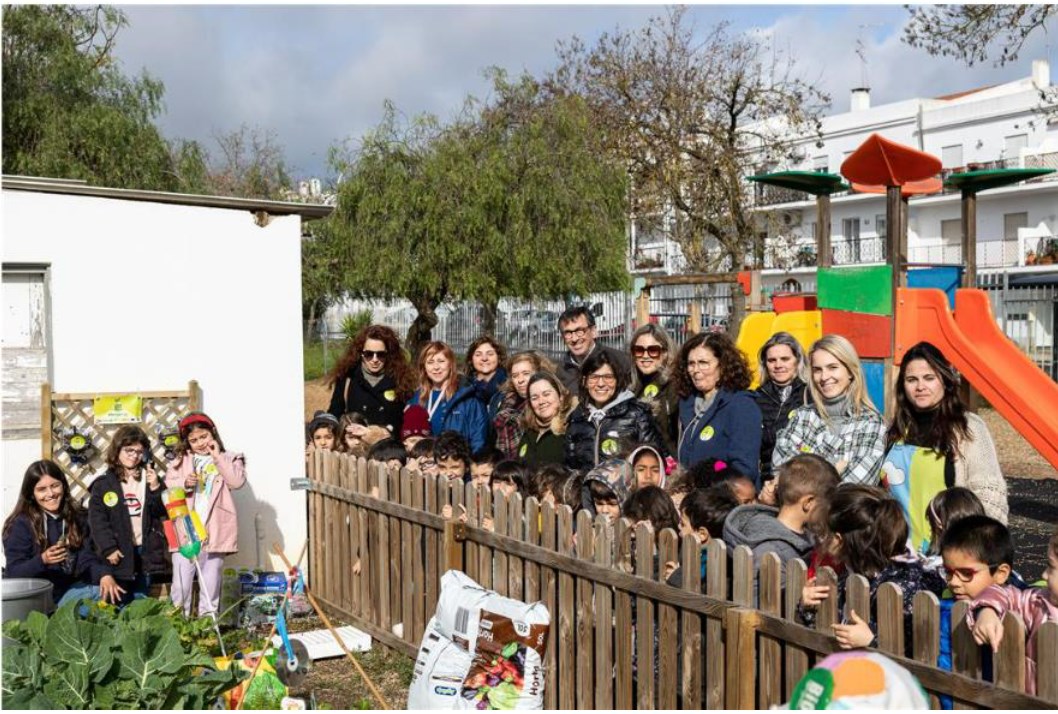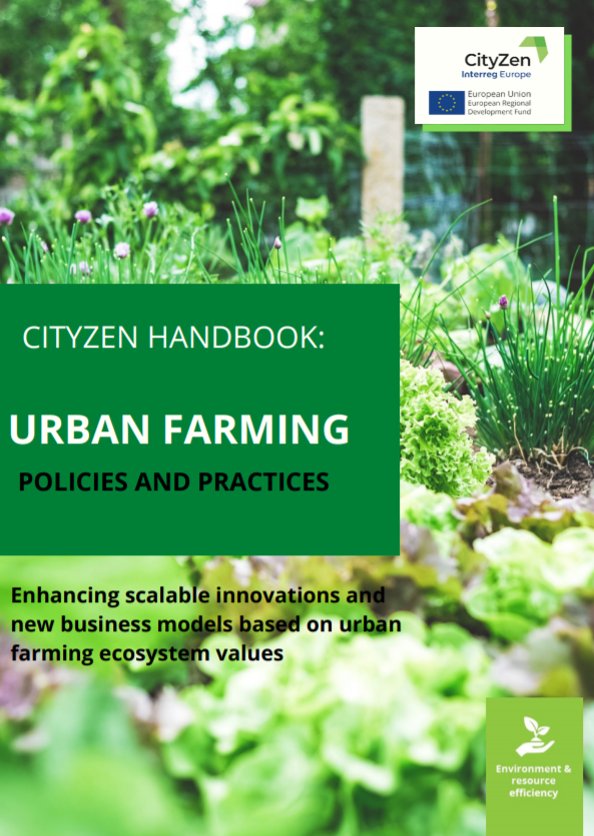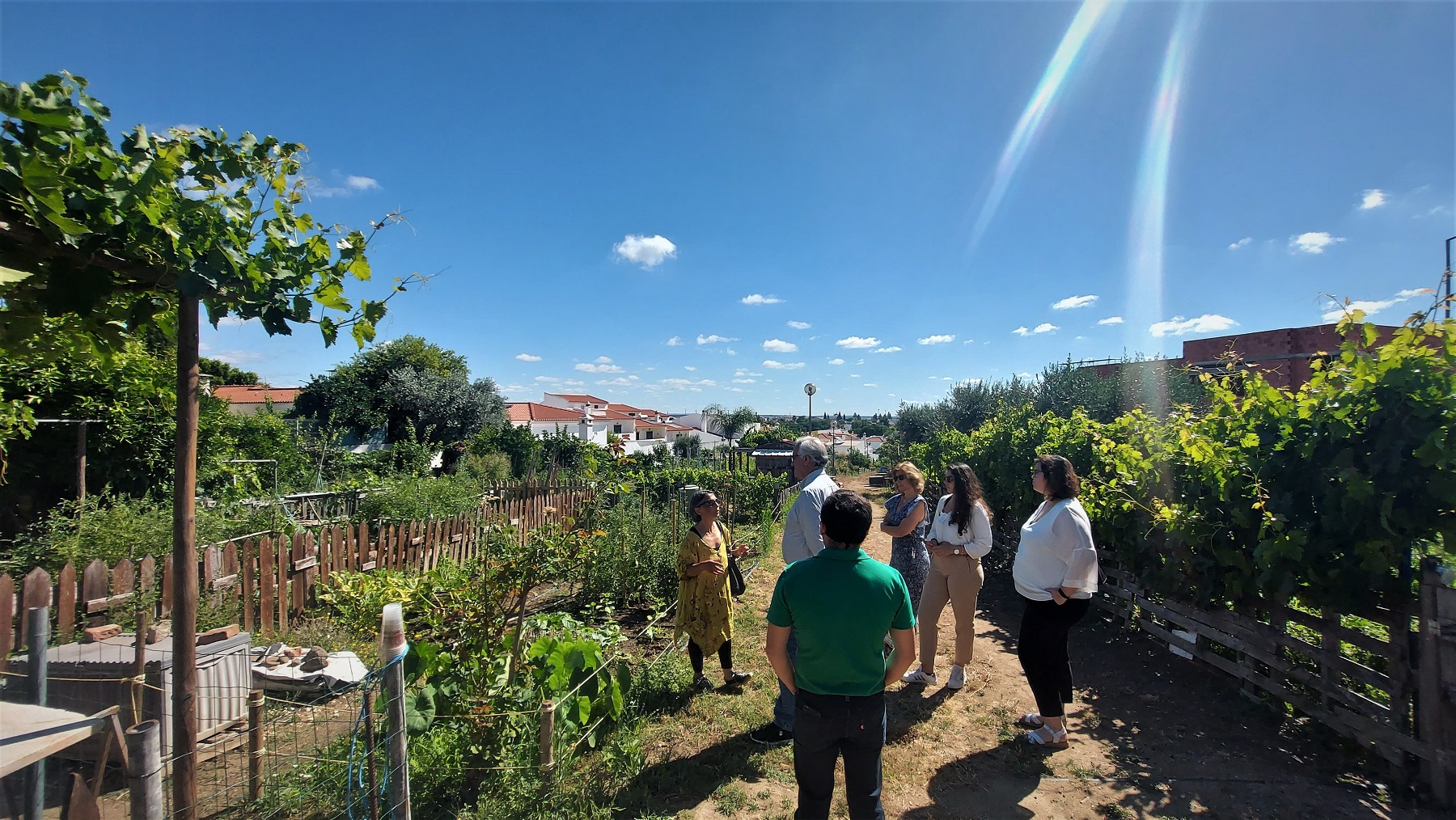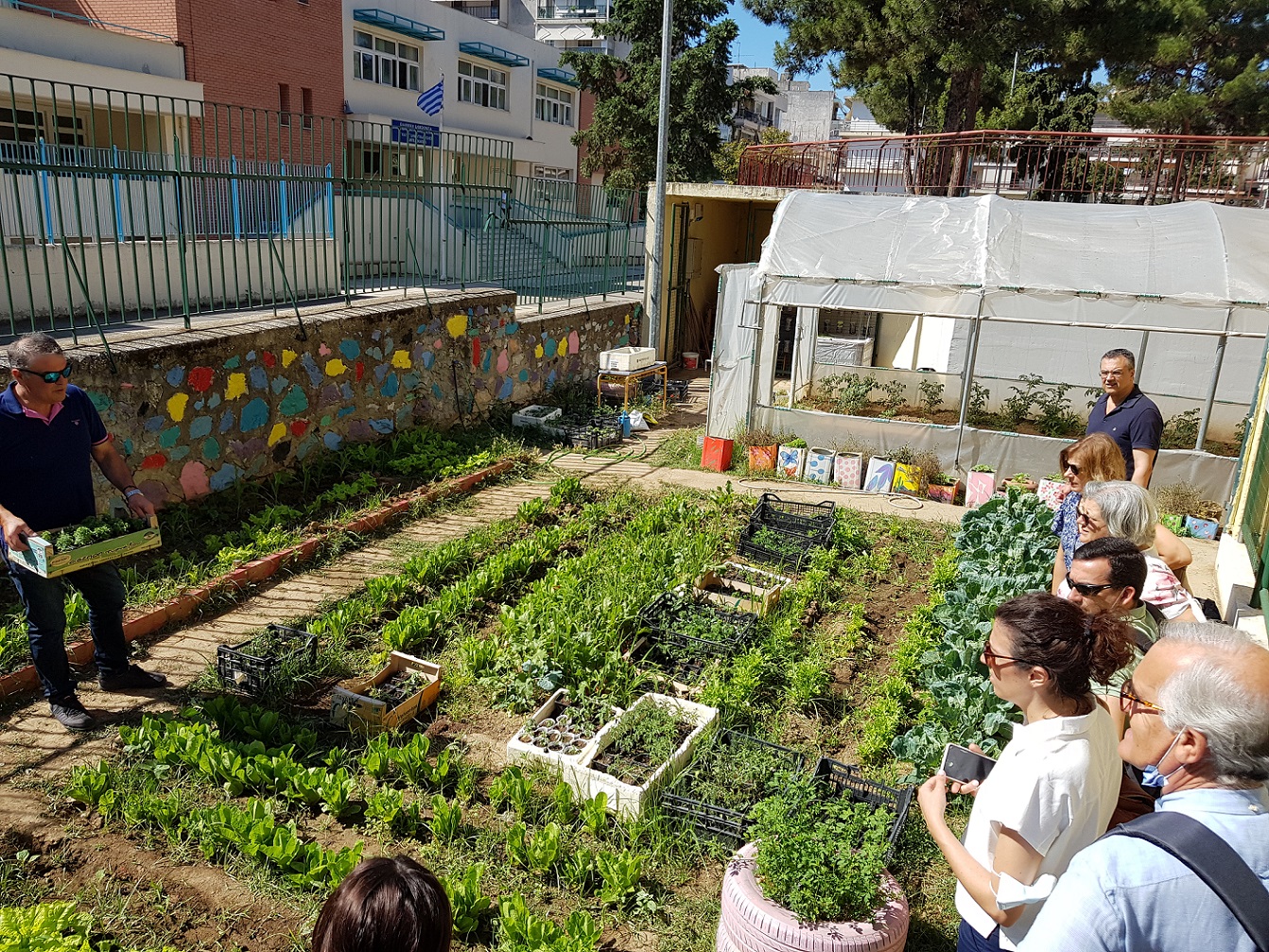The first CityZen Impact Workshop (online) from January 21st - 22nd dealt with urban farming in relation to business models, economic systems and technology and innovation. Our hosts from ARC Fund, Natural Heritage Foundation of Castilla y Léon, University of Valladolid and the Regional Development Fund of Central Macedonia welcomed external speakers and around 40 participants from our partner regions and their stakeholders.
On Day 1, three experts shared their expertise and perspectives on urban farming (find all presentations and videos in our library):
- Andrea Patrucco, independent consultant on urban policies & rural-urban development from Milan, Italy, talked about his experience in managing & funding urban farming projects, as well as different organizational and business models. He gave impulses on how to activate municipalities as supporters of urban farming initiatives, citizens as prosumers and the impact of urban farming on local economies and value chains, i.e. with agricultural projects of circular economy and agro-ecology.
- Eleftheria Gavriilidou, Dipl. Architect Engineer at Aristotle University, continued with highlighting the historical and current role of urban gardens and farms: what role have they played in the past, how do they improve resource efficiency or social and cultural inclusion? Most importantly, how can they be connected to innovative technological tools today and in the future, to build resilient urban strategies and policies with community participation?
- Antonio Carlos Ruiz Soria, International Economist expert in creativity and sustainable development, Economia Creativa, Spain, presented creative societies and the role of urban farming in them. Urban farming can be a key driver for creative societies and shaping our new reality (food security, sustainability, active citizenship, lively neighbourhoods..), especially in light of crises like COVID-19. For urban farming startups, he also had tips on how to optimize funding with dynamic and creative approaches like crowdfunding, social corporate responsibility from multinational corporations, or cooperatives, etc.
Day 2 started with more case studies of urban farming projects:
- Mértola’s city councilors Rosinda Pimenta and Marta Cortegano showed how the city supports local urban farming initiatives because they believe in its potential to give local, communal answers to global crises like climate & demographic change, extreme weather conditions, etc. Mértola is trying to contribute to meet the SDGs, to protect its distinct nature and biodiversity – through education, community empowerment, working with farmers, and the inclusion of all generations from the community from the beginning. A laboratory for the future!
- Vania Boyuklieva, Deputy Head of the Bulgarian Central Cooperative Union, spoke about the union’s cooperation with schools to launch herb gardens & train young urban farm managers.
- Estefanía Díez Amo, Аgroecological Engineer, presented Vallaecolid, a food lab supporting local eco-producers, processors and ecological shops for local food chains in Valladolid, Spain.
With such inspiring perspectives and case studies from both days, participants were well prepared to discuss policy recommendations for different target groups. Divided into three smaller groups and moderated by our experts from day one, we worked on a) New business models and UF implications, b) Technology/innovation diffusion and enhanced participation of the local community, and c) UF potentials in the context of pandemics/crises. The results of these sessions will now help us move along our regional projects, so stay tuned for the next CityZen semester!
